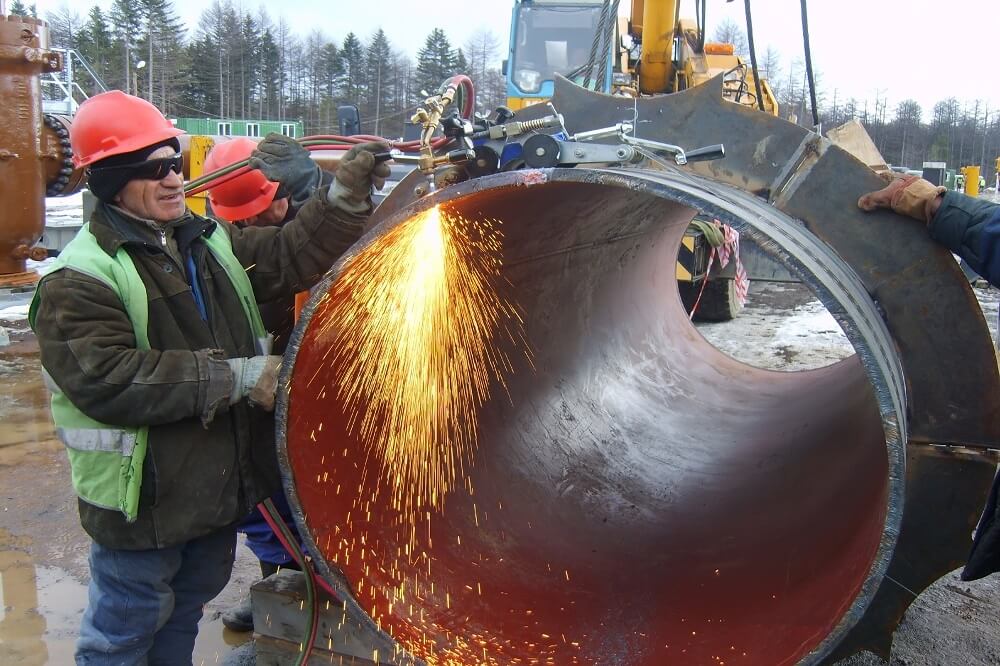

On completion of the course, the student will understand what factors contribute to the formation and growth of crack‐like features and seam-weld anomalies on pipelines. In addition, the participant will be able to gather and analyze the type and extent of cracking found, key operational parameters, pipe material properties, full-scale testing data, and ILI crack tool data, and to apply industry-recognized engineering methods for developing and recommending appropriate remedial action.
Documentation and Materials:
Participants will receive a full set of course slides and notes in paper and electronic form, in color throughout.
Material Behavior and Engineering Fracture Mechanics
Characteristics and Behavior of Cracks Found on Pipelines
Evaluating Crack Severity
Repairing Crack-like Features and Seam Weld Anomalies
Appropriate Crack Assessments
CDGA attendance certificate will be issued to all attendees completing minimum of 80% of the total course duration.
| Code | Date | Venue | Fees | Register |
|---|---|---|---|---|
| MI172-01 | 09-03-2026 | London | USD 6950 | |
| MI172-02 | 12-04-2026 | Dubai | USD 5450 | |
| MI172-03 | 19-07-2026 | Manama | USD 5450 | |
| MI172-04 | 15-11-2026 | Cairo | USD 5450 |
.png)
Understand the basics of Canadian Standards Association CSA Standard Z662 for pipeline design, materials, welding, installation, inspection and testing requirements for new construction, and post cons ...
Providing services with a high quality that are satisfying the requirements
Appling the specifications and legalizations to ensure the quality of service.
Best utilization of resources for continually improving the business activities.
CDGA keen to selects highly technical instructors based on professional field experience
Since CDGA was established, it considered a training partner for world class oil & gas institution
3012, Block 3, 30 Euro Business Park, Little Island, Co. Cork, T45 V220, Ireland
Mon to Fri 09:00 AM to 06:00 PM
Contact Us anytime!
Request Info